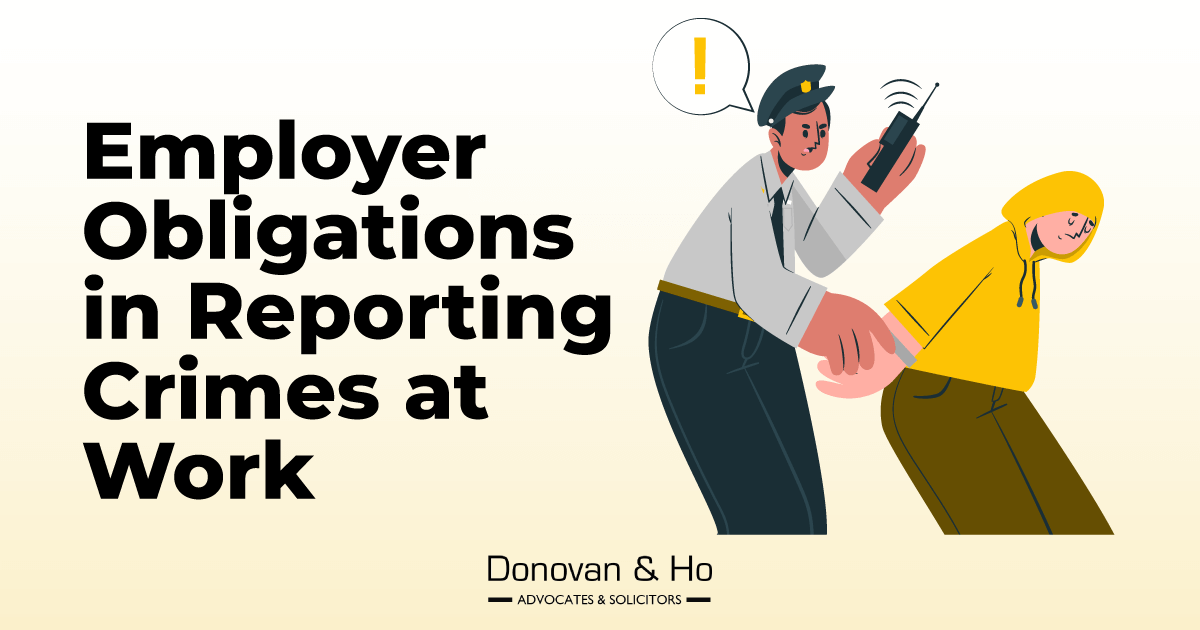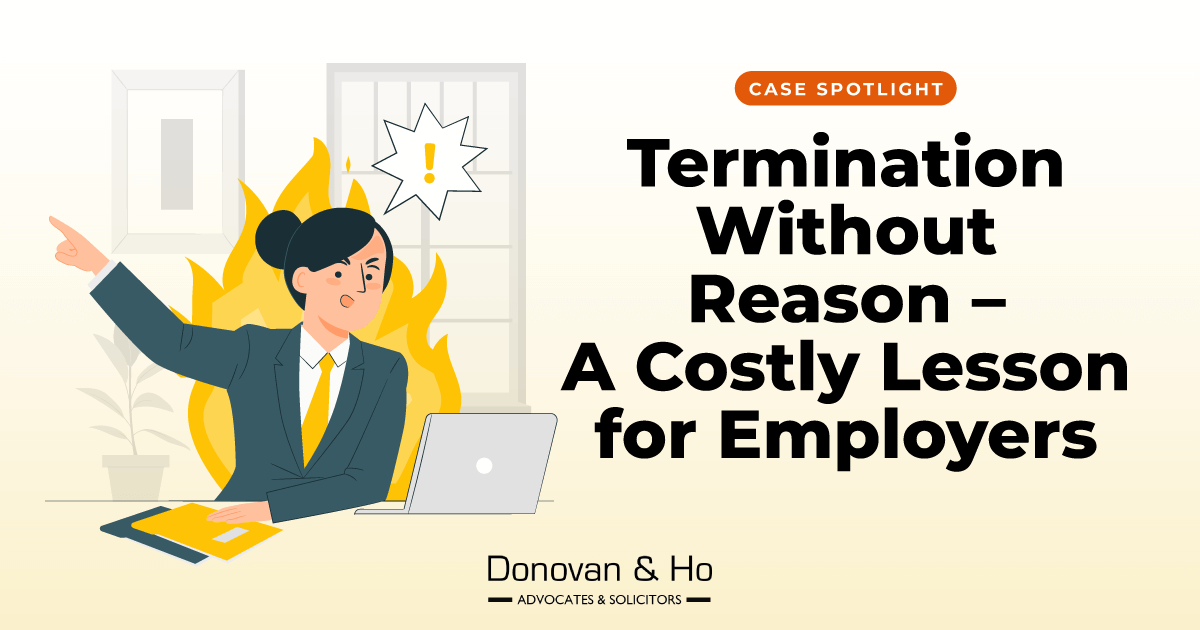Fixed-term employment contracts are widely used in Malaysia to engage employees for a defined duration. When structured properly, they can be an effective workforce management tool, especially in the context of re-employing retired employees.
That said, post-retirement fixed-term contracts may raise unique challenges. An employee with a long history of service prior to retirement might argue, for instance, that their contract is not truly fixed-term given their earlier years with the Company. They may also contend that past understandings developed over that long relationship override the express terms of the new contract.
These issues were recently examined by the Industrial Court in LSC v AHB [2025] 3 ILR 195.
Key Facts
- The Claimant co-founded the business, and between 1993 and 2010, the Claimant held various positions as an employee within the group of companies.
- When the Claimant reached the age of 55 in 2011, he was placed on fixed-term employment contracts. Following the increase of the statutory retirement age to 60 in 2012, he continued to serve until 2016 (when he turned 60), after which he was again employed on fixed-term contracts. This was the same for the other founder of the Company.
- In 2018, due to group reorganization, his employment was then transferred to the Company. This employment was as the Deputy Group CEO, and was still on a fixed-term basis.
- This fixed-term contract as Deputy Group CEO was then renewed once, through another fixed term contract running from 17.4.2020 until 30.4.2022 (“2022 FTC”).
- On 25.4.2022, as the 2022 FTC was due to expire, the Claimant applied for an extension of his fixed-term employment to the Chairman of the Board of Directors (“Chairman”) in accordance with the 2020 FTC (“Application for Renewal”).
- Ultimately, the Company decided not to renew the 2020 FTC, and notified the Claimant.
- Dissatisfied, the Claimant lodged a complaint of unfair dismissal, which was referred to the Industrial Court.
Findings of the Industrial Court
The Claimant argued that, as a co-founder alongside the Group CEO, there was a mutual understanding that both would continue leading the Company until they voluntarily stepped down. According to him, renewal of the fixed-term contracts were meant to be a mere formality.
The Court disagreed and upheld the 2020 FTC as a genuine fixed-term contract. In doing so, the Court noted that:
- The Claimant did not adduce any documentary evidence to establish the alleged mutual understanding. The only evidence was the 2020 FTC and the Application for Renewal, which did not make any reference to such alleged understanding.
- The Claimant was fully aware that the 2020 FTC was on a fixed term, and that any renewal would be subject to the approval of the Company. He signed the 2020 FTC (and all other fixed term contracts before that) without objection or protest.
- A succession plan was in place to identify successors for the roles of Group CEO and Deputy Group CEO within two years, reflecting an intention to hand over responsibilities.
Given that the 2020 FTC was a genuine fixed-term contract, the expiry and non-renewal of the same does not amount to termination. As such, the claim was dismissed.
Key Takeaways
Expiry and non-renewal of a genuine fixed-term contract does not amount to dismissal. Importantly, verbal assurances or alleged understandings cannot override written contractual terms – what is documented will take precedence over what is claimed to have been agreed orally.
This decision underscores the importance of clear documentation and consistency in practice, especially when dealing with unique situations such as post-retirement contracts. Fixed-term contracts should always be put in writing with specific start and end dates, and renewal decisions should be handled formally with proper records. Employers should also be mindful about how any informal statements or conduct could be misinterpreted or relied upon by employees in a dispute.
NB: At the time of writing, there is an appeal to the High Court by the Claimant against this Award.
***
This article was written by Leow Ho Eng (Associate) with assistance from Joedee Shoo (Intern) from Donovan & Ho’s employment law practice.
Donovan & Ho is a law firm in Malaysia, and our employment practice group has built a reputation for providing strategic employment advice to local and global organisations. Our team of employment lawyers provide advice on employment law and industrial relations including review of employment contracts, policies and handbooks, advising on workforce reductions, and managing dismissals of employees for poor performance or misconduct. We also represent clients in unfair dismissal claims and employment-related litigation.
Have a question? Please contact us.






